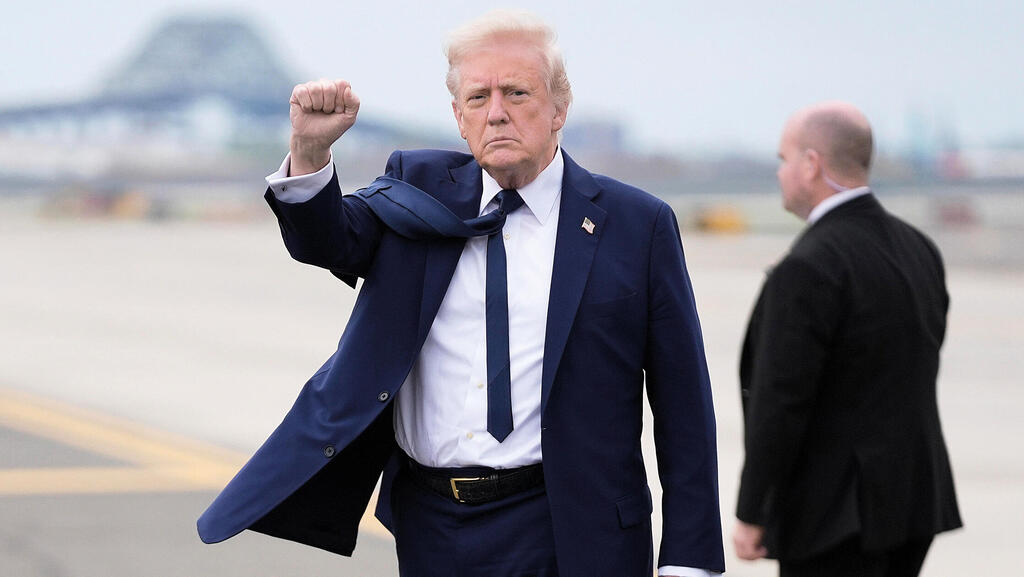
Trump’s AI chip policy shift poised to benefit Israel’s tech sector
Biden-era restrictions on advanced semiconductor imports may soon be lifted for key U.S. allies.
Israel’s access to advanced artificial intelligence chips could significantly improve under a Trump administration plan to dismantle a Biden-era export control framework that had placed the country in a restricted category. The proposed changes would simplify U.S. export policy and likely favor key allies like Israel.
A spokeswoman for the U.S. Department of Commerce confirmed on Wednesday that the Trump team intends to rescind and replace the Framework for Artificial Intelligence Diffusion, issued in January during the final week of President Joe Biden’s term. The rule had aimed to limit the global spread of cutting-edge AI semiconductors, with a particular focus on denying access to China.
Under the current rule, countries are divided into three tiers. The first includes the U.S., Taiwan, and 17 allies that face no restrictions on chip imports. Israel falls into the second tier—alongside more than 120 nations—that is subject to caps on the number of AI chips it can receive. The third tier, encompassing adversarial states like China, Russia, Iran, and North Korea, is largely cut off from AI chip access altogether.
“The Biden AI rule is overly complex, overly bureaucratic, and would stymie American innovation,” the Commerce spokeswoman said. “We will be replacing it with a much simpler rule that unleashes American innovation and ensures American AI dominance.”
Trump administration officials, according to the spokeswoman, viewed the tiered structure as "unenforceable" and are considering a global licensing regime based on direct, government-to-government agreements. That change would give Washington more flexibility in rewarding close allies—like Israel—with preferential access, rather than lumping them into a broad middle category.
Related articles:
“Officials didn’t like the tiered system,” the spokeswoman said. “It wasn’t workable in practice.”
The Biden rule is scheduled to take effect on May 15, though the Trump team has not announced a formal timeline for the replacement policy. Debate within the administration is still ongoing.
